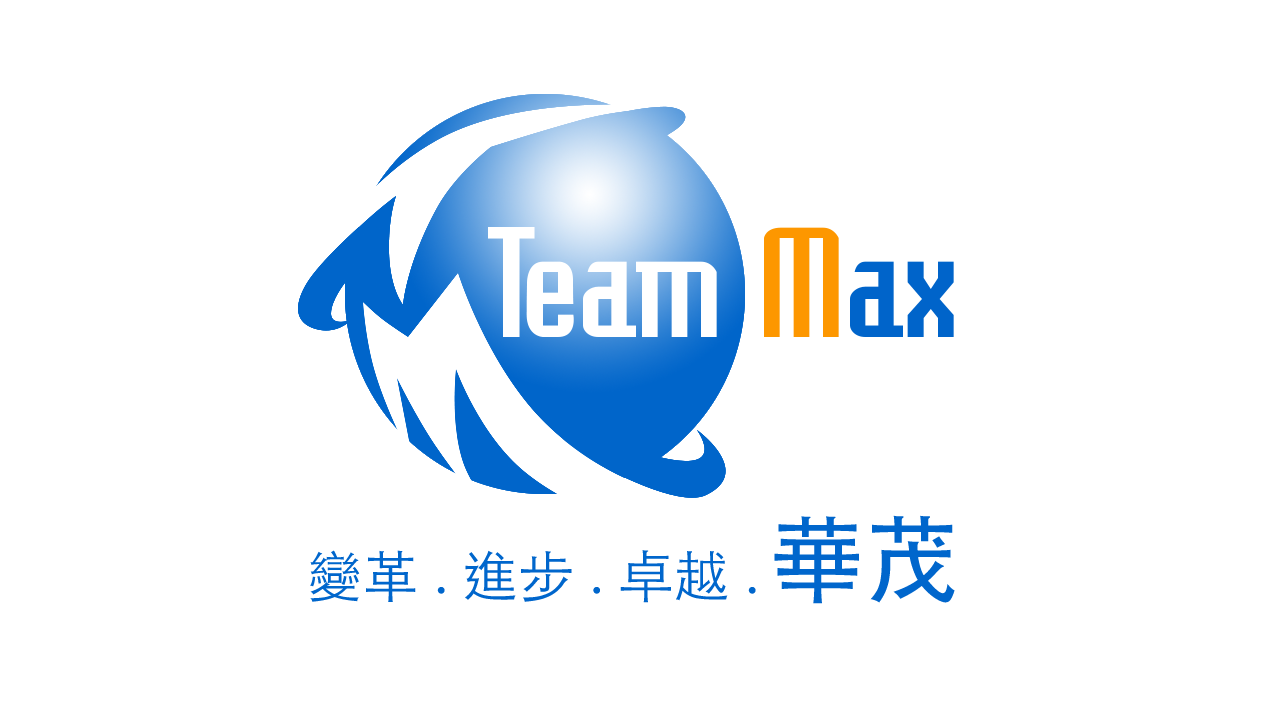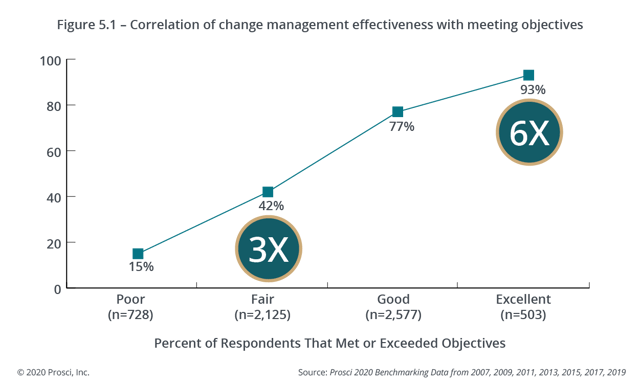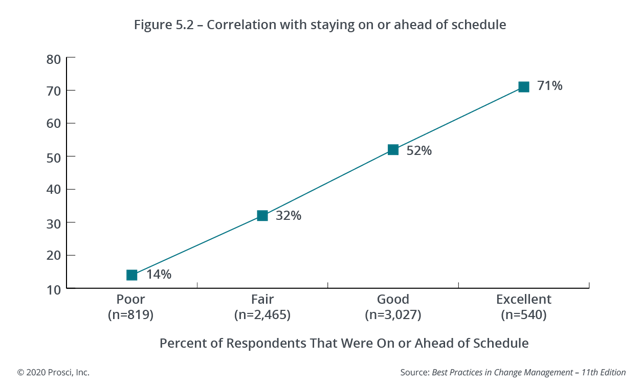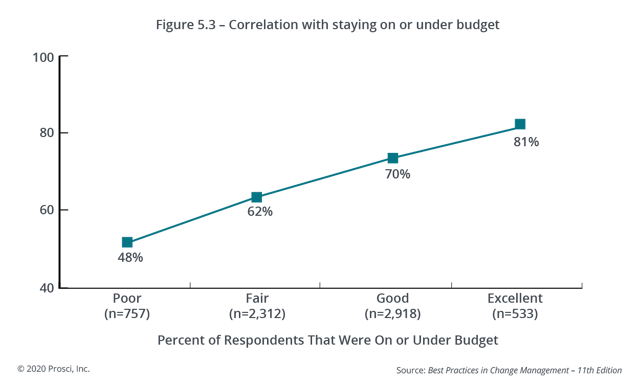THE CORRELATION BETWEEN CHANGE MANAGEMENT AND PROJECT SUCCESS
The need for greater recognition of change management and its value often tops the list of trends in our benchmarking research. Although requests for change management have increased in some cases, many practitioners still work diligently to make a compelling case for its need.
Learn how to effectively “sell” change management to project leaders and executives in your organization by connecting change management directly to project and organizational outcomes. You can build a case for change management using data that shows the correlation between change management effectiveness on three critical success factors for projects and initiatives: meeting objectives, staying on schedule, and staying on budget.
CORRELATING CHANGE MANAGEMENT WITH OUTCOMES
As a change management practitioner, you know the work you do is crucial for delivering successful project results and outcomes. You know that when you do change management well, good things happen. And you know that when change is managed poorly or the people side ignored, there are negative consequences. Experience tells you that the more effectively you apply change management, the more successful a project will be. But to get the support you need, business leaders want to see data. Prosci’s benchmarking studies provide precise data to substantiate your ideas and deliver a strong case.
In our most recent Best Practices in Change Management study, we asked change practitioners four questions:
- To what degree did the project meet objectives?
- To what degree was the project on schedule?
- To what degree was the project on budget?
- What was the overall effectiveness of the change management program?
Analyzing their responses, Prosci correlated data from the final question on change management effectiveness with the three previous dimensions of success: meeting objectives, staying on schedule, and staying on budget. The result? Projects and initiatives are more successful the more effectively the people side of change is managed. The results provide a compelling argument for investing the time, resources and energy in change management.
Meeting objectives
The graph below shows how change management effectiveness correlates with meeting project objectives. The data points represent the percentage of participants who met or exceeded objectives in each of the change management effectiveness categories (poor, fair, good and excellent).
Of the participants who had excellent change management programs in place, 93% met or exceeded objectives. Of those with good change management programs, 77% met or exceeded objectives, while 43% with fair change management programs met or exceeded objectives. Only 15%—or about 1 in 6—of those with poor change management programs met or exceeded objectives.
This means that with excellent change management, your project is six times more likely to meet objectives than with poor change management. Even fair change management is worth pursuing because you’re three times more likely to meet objectives. This chart is so compelling that it’s the third slide in the deck for the Change Management Sponsor Briefing, a half-day program Prosci delivers to executives and senior managers. It clearly connects how well we manage the people side of change to project, financial and strategic success. Results and outcomes must be central in your business case for change management. With this graph, you now have data to support that connection.
Staying on schedule
The image below shows the correlation between change management effectiveness and the ability to stay on or ahead of schedule. Again, the data shows a stark and direct correlation. The more effectively the people side of change is managed, the more likely you are to finish on time.
The correlation with adhering to schedules is a powerful counterpoint to one of the main objections from project leaders. Often they say, “I understand why change management is important, but have deadlines and a go-live date to hit, and applying change management will slow me down.” At first glance, that might seem true. But, the data shows that projects with effective change management are actually more likely to stay on schedule.
Staying on budget
The figure below shows the observable correlation between change management effectiveness and the ability to stay on budget.
This chart provides an important counterpoint to another main objection from project leaders. A project leader may say, “Although I understand why change management is important, I do not have the budget to dedicate to those soft aspects of the change.” Certainly, project managers must be attentive to budget constraints, and there are costs to assigning resources to change management. However, the data clearly show that projects with effective change management are in fact more likely to remain on budget than those with poor change management.
MITIGATING “RE” COSTS
If the correlations between change management effectiveness and adhering to schedules and budgets seems counterintuitive, the prefix “RE” can clarify. When we ignore the people side of change and people greet a go-live date with outrage and resistance, teams must go back to the drawing board to REwork, REdesign, REevaluate and REvisit. These are the costly “RE” consequences of neglecting the people side of change. Each of these consequences adds cost and time to a project. But when we proactively build employee support and commitment with change management, we can mitigate and avoid these RE costs. Despite how it seems to a project manager, effective change management increases the likelihood of finishing on time and on budget.
BUILD YOUR CASE WITH SUPPORTING DATA
The logic for deploying change management has always been sound to you. Now you have compelling data to share with others in your organization who may need more convincing, such as executives and project leaders, to see the value change management brings. Leveraging a strong, quantitative argument puts you in a better position to rally support and commitment for change management.







